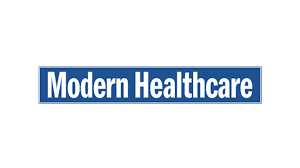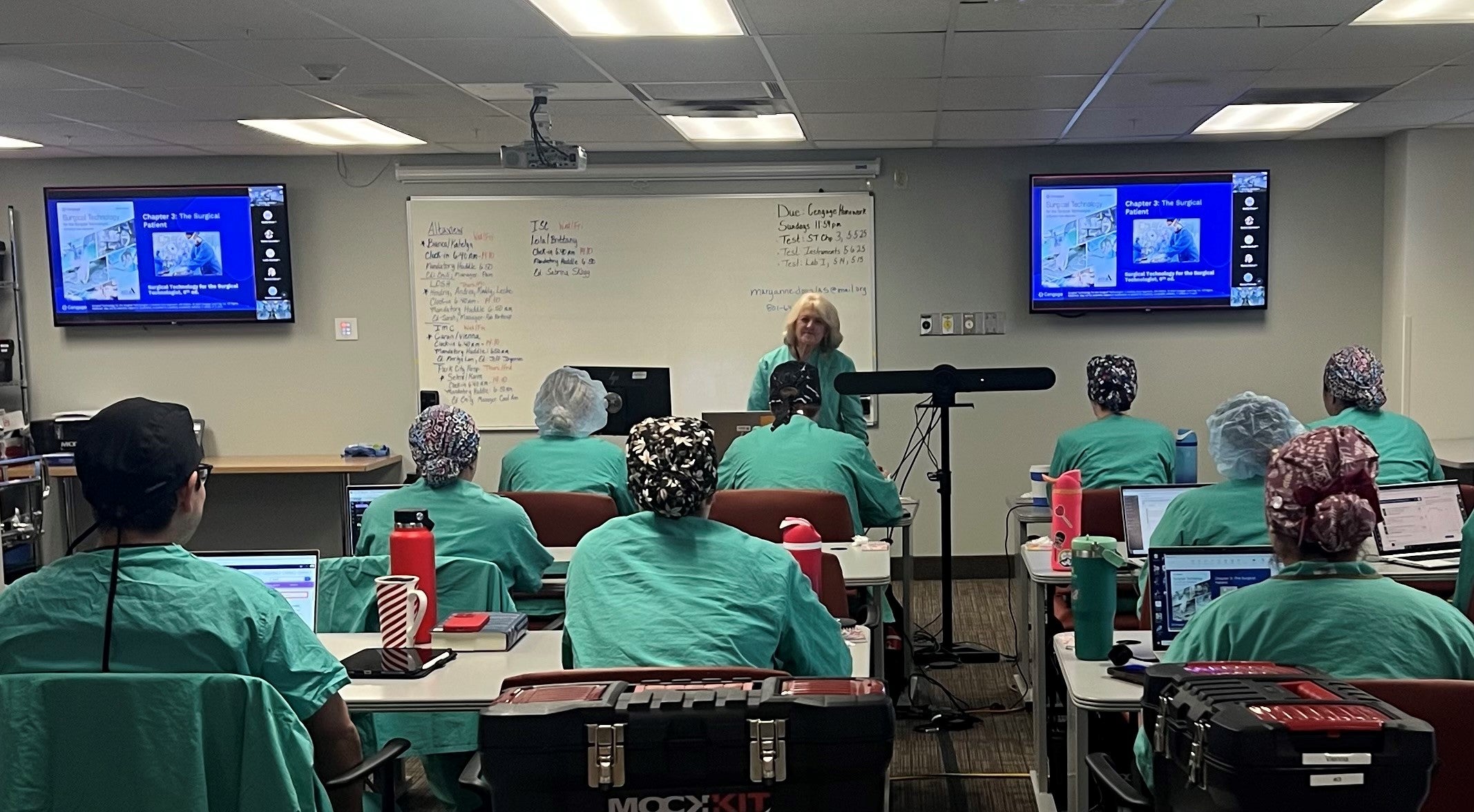
Editor's Note Mayo Clinic has released a free, digital tool requiring no account or subscription that allows anyone to investigate healthcare quality by city, care specialty, or hospital, an October 30 press release from the health system reports. The tool includes search capability for a range of specific surgical specialties,…

Editor's Note The Centers for Medicare & Medicaid Services (CMS) has activated shutdown rules that confine Medicare survey and certification work to health and safety essentials, according to an October 21 memo from the agency. Per the revised memorandum, excepted work during the federal shutdown includes investigations of complaints and…

Editor's Note The Food and Drug Administration (FDA) has announced three new recalls between October 14 and 16 that may affect OR inventory and perioperative workflows across multiple service lines. Each recall targets a commonly used product in surgical or imaging settings, prompting leaders to review supplies and coordinate with…

Editor's Note Hospitals are bracing for service reductions as anesthesia staffing shortages collide with reimbursement cuts, Modern Healthcare October 14 reports. Executives and staffing experts see mounting financial strain that could limit patient access and stall growth plans, with rural facilities most exposed. As detailed in the article, systems continue…

Editor's Note Startups selling artificial intelligence (AI) tools to hospitals are putting money on the line, offering guaranteed returns in a bid to win business from Epic and other entrenched vendors, Modern Healthcare September 16 reports. Several AI companies are reportedly restructuring their pricing strategies to reassure buyers and prove…

Editor's Note Patient complaints against hospitals have skyrocketed, rising 79% in just 5 years and topping 14,500 in fiscal year 2024, HealthLeaders September 12 reports. The surge reflects not only mounting dissatisfaction with care experiences but also systemic oversight delays that leave concerns unaddressed, fueling mistrust in hospitals. The Centers…

Editor's Note Hospitalized surgical patients in 2024 were nearly 20% more likely to survive than expected compared to 2019, according to an August 5 analysis from the American Hospital Association (AHA) and Vizient. The report credits safety improvements such as reductions in infections, falls, and major complications, even as surgical…

Editor's Note Artificial intelligence use in healthcare is accelerating, and the American Medical Association (AMA) is pressing health systems to establish clear governance policies before the technology outpaces oversight. Nearly 70% of physicians reported using artificial intelligence tools in 2024, a sharp rise from 38% in 2023, AMA News Wire…

Roughly 41,000 surgical procedures happen in the US every day. Each one depends on surgical technologists (STs), the professionals who prepare the OR, hand off instruments, and ensure a sterile environment to prevent infections that affect up to 3% of all patients. The profession’s importance is reflected in AORN’s recommended…

Editor's Note Standardized perioperative protocols can reduce hospital stays and costs for children undergoing surgery without affecting complication rates, JAMA Surgery August 20 reports. As detailed in this original investigation, the researchers evaluated the Minimizing Variance in Pediatric Surgery (MViPS) program, a fellow-led initiative launched in 2013 across two academic…